 Your new post is loading...
 Your new post is loading...
Each year, I keep a running list of exceptional nonfiction that I encounter as I publish The Best of Journalism, an email newsletter that I curate weekly for its subscribers. This is my annual attempt to bring roughly 100 of those stories that stood the test of time to a wider audience. I could not read or note every worthy article published in the past few years, and I haven't included any paywalled articles or anything published at The Atlantic. But everything that follows is worthy of wider attention and engagement. I hope it provides fodder for reflection and inspiration for future writing. My thanks to all of the publishers, editors and, writers who made these gems possible.
One of the reasons writing a great novel is so challenging is that there is no obvious starting place. Is it a character? A premise? A theme? A single sentence that won’t get out of your head?
While that argument continues to rage, what remains in less dispute is this: there are a set of principles and essential elements that, before the story works, you need to get right. With that in mind, this series introduces – reintroduces, actually, since these are the foundation of this body of work, and my three writing books – ten of those essential elements.
Today’s post defines and explores the one that is in the running for that Square One focus….
Metaphor is not the sole preserve of Shakespearean scholarship or high literary endeavour but has governed how we think about and describe our daily lives for centuries, according to researchers at Glasgow University.
Experts have now created the world’s first online Metaphor Map, which contains more than 14,000 metaphorical connections sourced from 4m pieces of lexical data, some of which date back to 700AD.
While it is impossible to pinpoint the oldest use of metaphor in English, because some may have been adopted from earlier languages such as Germanic, the map reveals that the still popular link between sheep and timidity dates back to Old English. Likewise, we do not always recognise modern use of metaphor: for example, the word “comprehend” comes from Latin, where it meant to physically grasp an object.
The three-year-long project to map the use of metaphor across the entire history of the English language, undertaken by researchers at the School of Critical Studies, was based on data contained in the Historical Thesaurus of English, which spans 13 centuries....
When you can send a prospect a well-crafted article that addresses his exact question, you've got a powerful tool. You'll get extra points if it's published in a major news source in your industry or has high engagement via social media.
So what is the best way to actually get pen to paper (or fingers to keys) and start laying out some prose? Given my seventh-grade love for alliteration, here are the five steps I use when trying to bring out my inner Hemingway: Environment, Exploration, Extraction, Expansion, and Editing....
I guess I’m in a metaphysical mood today. Thinking about writing for the internet, how it’s different, and finding your own style.
So, let’s set the scene…
Seth Godin, Lao-Tzu and I walk into Hemingway’s Bar & Grill. Godin says, “I’ll have a Purple Cow.” I say, in my best Homer Simpson salutation, “Beer me.” Lao-Tzu says, “Ommmmm.”
Drinks with Seth Godin
That’s me channeling Seth Godin, echoing Lao-Tzu.
Except I’m not a bald guy and I don’t wear saffron like either of these wise men....
Quotes from Sylvia Plath, George Orwell, Zadie Smith, Roald Dahl, Junot Diaz, Harper Lee and others on 'Why I Write'. “I want to write because I have the urge to excel in one medium of translation and expression of life. I can’t be satisfied with the colossal job of merely living. Oh, no, I must order life in sonnets and sestinas and provide a verbal reflector for my 60-watt lighted head.” – Sylvia Plath
When we asked you to nominate your favorite writing blog as one of the top 10 blogs for writers, we got over 1,100 nominations! Wonderful to see how passionate readers are about their favorite writing blog.
It’s great to see some very interesting new blogs amongst the winners! Of note is that quite a few blogs in the top 10 are associated with author platforms. Make sure you visit all the top 10 blogs to get to know the new crop of top writing blogs....
There are two kinds of people: Those who think they can write, and those who think they can’t. And, very often, both are wrong. The truth is, most of us fall somewhere in the middle. We are all capable of producing good writing....
Words matter. Your words (what you say) and style (how you say it) are your most cherished (and undervalued) assets.
Yet, so often, they are overlooked. Think of this way: If a visitor came to your website without its branding in place (logo, tagline, and so on), would he or she recognize it as yours? Are you telling your story there from your unique perspective, with a voice and style that’s clearly all you?
Here, in no particular order, is what I’ve learned about the necessary qualities of good writing (or content, in our digital vernacular), based on my own 25 years’ working as a writer and editor… and even longer career as a reader....
Writing a business book is good pr and marketing for a brand. Bloggers have the best opportunity to write a business book. ...What usually gets in the way of publishing a book on any medium is confidence. Here’s a word of counsel…ignore the naysayers that bloggers who write books are not authors. Instead, think of what’s good for your business. How do you market your products and services? Would it be advantageous to have a book, how-to manual, e-book for free on the website, or e-book for sale online to market your business? Did you nod in agreement? Indeed. One more time…writing a business book is good public relations for your company! Here’s how:...
It’s one of my favorite pieces of writing advice from Ray Bradbury, and it’s blindingly brilliant in its utter simplicity. If you want to identify the ideas you should write about, the themes you can write passionately and believably about, follow this advice: Make a list of ten things you love, ten things you hate, and ten things you fear. Write to celebrate the things you love, and write to destroy the things you hate and fear. Bradbury put it this way in an interview with his biographer, Sam Weller: “You can’t write for other people. You can’t write for the left or the right, this religion or that religion, or this belief or that belief. You have to write the way you see things. I tell people, Make a list of ten things you hate and tear them down in a short story or poem. Make a list of ten things you love and celebrate them. When I wrote Fahrenheit 451 I hated book burners and I loved libraries. So there you are.”...
|
The Challenge is Simple. Day One: 3,000 words. And then each day after that add 1,000 words to the amount needed. Seven days, if my math is right, I will have a 42,000 word novel. 3,000… 4,000… 5,000… 6,000… 7,000… 8,000… 9,000 words. 7 Days. Day Seven (9,000 word day) Got the book done!!!! The goal today was at 9,000 words and needed to be the focus of my day because I had no idea how many words I would actually need to end this book. I had 3,000 words in the bank, so that helped the worry some....
1) Stephen KingIf you want to be a writer, you must do two things above all others: read a lot and write a lot. There’s no way around these two things that I’m aware of, no shortcut.
2) Suzanne CollinsAll the writing elements are the same. You need to tell a good story… You’ve got good characters… People think there’s some dramatic difference between writing ‘Little Bear’ and the ‘Hunger Games,’ and as a writer, for me, there isn’t.
3) George OrwellFor a creative writer possession of the ‘truth’ is less important than emotional sincerity....
Your headline is the first contact with your content, and must grab your target audiences’ attention. At this point you have no control – the reader does. They either click the link to your content or they don’t. The job of the content creator is to make sure that they choose the first option, and read and share your carefully crafted content.
How much time do you spend coming up with a killer title? Reading stats like this one by Copyblogger should make you sit up and take notice.“
On average 8 out of 10 people will read your headline but only 2 out of ten will read the rest of your content.”....
Since finding a way into your readers’ hearts and minds is your goal, you can exhaust your brain trying to find that perfect connection. As a result, instead of producing the perfect piece of content, you accomplish very little or nothing at all.Several years ago, I discovered a writing trick that helps me overcome these types of perfectionism problems.It’s called free writing....
Because sleeping with the lights off is completely overrated, take a peek at these ten scary two-sentence horror stories!
On this day ...in 1948, Lowell native Jack Kerouac happily noted in his diary that he had written 2500 words. If he could keep up this pace, he would finish his first novel in a matter of weeks. The highly autobiographical The Town and the City was published in 1950, the same year he began writing On the Road, the novel that earned him the title "Father of the Beat Generation." By the time he died at the age of 47 Jack Kerouac had published 14 books. On the Road is Kerouac's most-read work today; it is widely considered one of the most important and influential American novels of the twentieth century, and Jack Kerouac is celebrated as one of Lowell's favorite sons....
What's that? Your job leaves you with scarcely enough time or energy to cook occasional healthy meals, let alone lose yourself in a great book? We're sure you're busy, but we're incredulous, especially considering your fervent opinions on "The Mindy Project."
We needn't remind you of the multitudinous benefits of reading - some of them obvious, some of them surprising - but we will anyway: Books can make you more empathetic. They can keep your brain sharp, and even stave off Alzheimer's disease.
Still not ready to hop on the Infinite Jest bandwagon? Fair enough. But we urge you to start somewhere. According to Forbes, the average reading speed for an American adult is 300 words per minute. So we did a little math, and found 12 short stories that, for the average American adult, should take less than 10 minutes each to read. Check a few out on your lunch break! Who knows, you may discover something you like...
We weren’t all born to love verbs and spend hours toiling lovingly over word order and yet as small business owners and marketers, one of the most important hats that we necessarily wear is “writer”.
If you don’t consider yourself a writer, aren’t entirely comfortable with the writing process and can’t outsource to a professional, that doesn’t mean you’re dead in the water. Nor does it mean you should shrug and put out subpar content because, “Hey, I’m not a writer. That’s as good as it gets.”
Try one or more of these techniques the next time you put pencil to paper – or fingers to keyboard – for writing that has a whole lot more marketing punch....
Delightful weekend fun and be sure to read the comments..."Why is a raven like a writing desk?" This question has been posed in many situations. It has been pondered by great minds. It is the most unanswerable famous riddle of all time, and it has an answer....
In 1962, Time magazine called David Ogilvy “the most sought-after wizard in today’s advertising industry.” In his years as an advertising executive and copywriter, Ogilvy created some of the world’s most successful and iconic marketing campaigns, including the legendary Man in the Hathaway Shirt, plus notable efforts for Schwepps, Rolls Royce, and the island of Puerto Rico among many others. As content marketers, we can learn a lot from the legendary Mr. Ogilvy He was, after all, one of the pioneers of information-rich, “soft sell” ads that that didn’t insult the intelligence of the prospect. For example, consider The Guinness Guide to Oysters, an early form of what the kids are now calling native advertising — from 1951....
... Among his keen insights on the craft, synthesized from the interviews, is a theory of how the creative process works, outlining the four stages of writing: There would seem to be four stages in the composition of a story. First comes the germ of the story, then a period of more or less conscious meditation, then the first draft, and finally the revision, which may be simply ‘pencil work’ as John O’Hara calls it — that is, minor changes in wording — or may lead to writing several drafts and what amounts to a new work. Cowley illustrates each of the four stages with anecdotes from the interviewees....
|
 Your new post is loading...
Your new post is loading...
 Your new post is loading...
Your new post is loading...















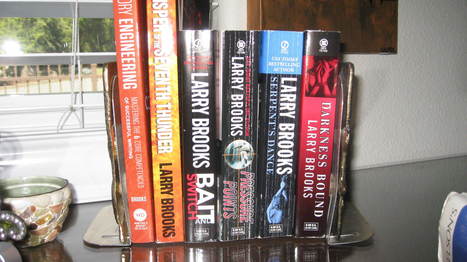
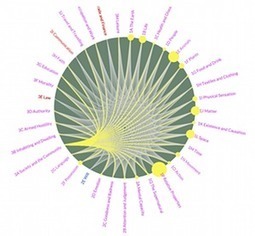




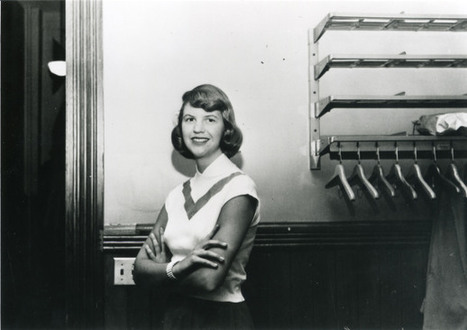
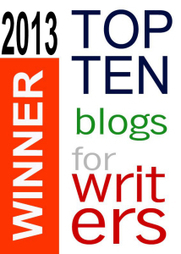



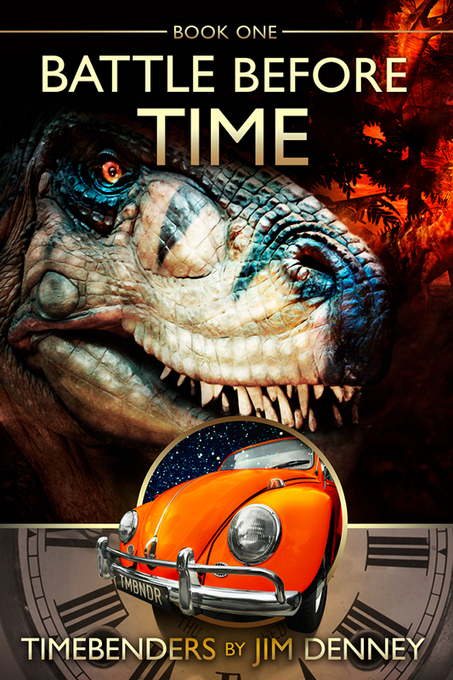
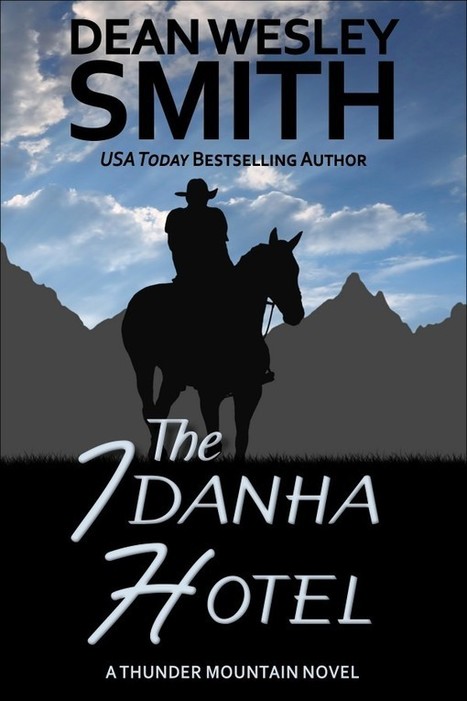

![How To Write Blog Headlines People Will Actually Click On [Report] | Public Relations & Social Marketing Insight | Scoop.it](https://img.scoop.it/jkp-bpBmT9Ah-po9NzXTJDl72eJkfbmt4t8yenImKBVvK0kTmF0xjctABnaLJIm9)

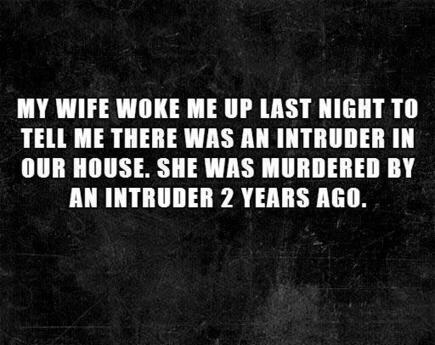











This list honors the craft of journalism - fantastic nonfiction from 2016 is still worth discovering and pondering today. Highly recommended! 10/10